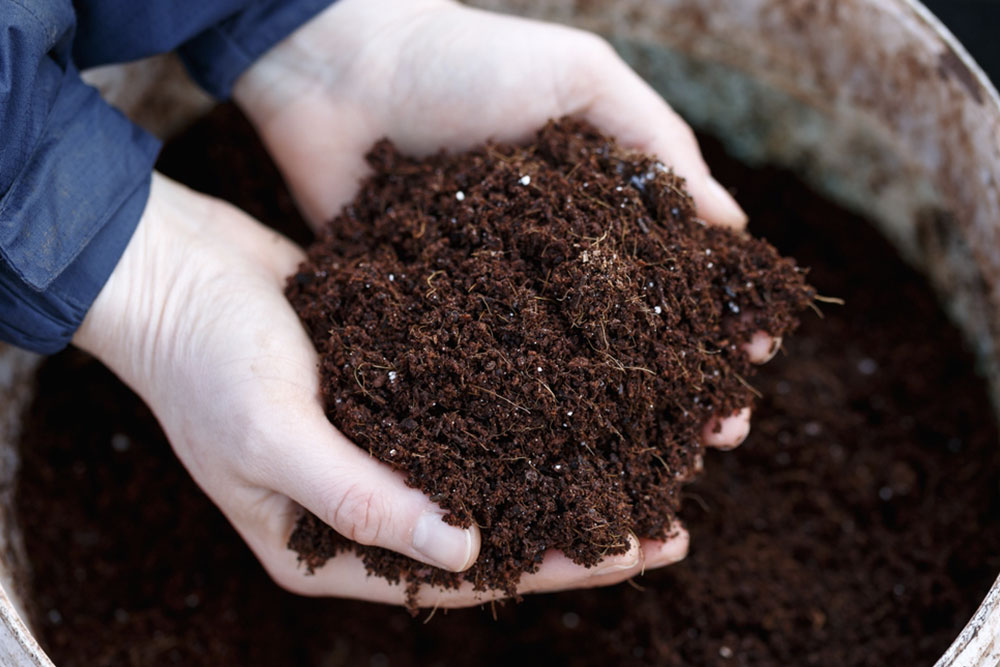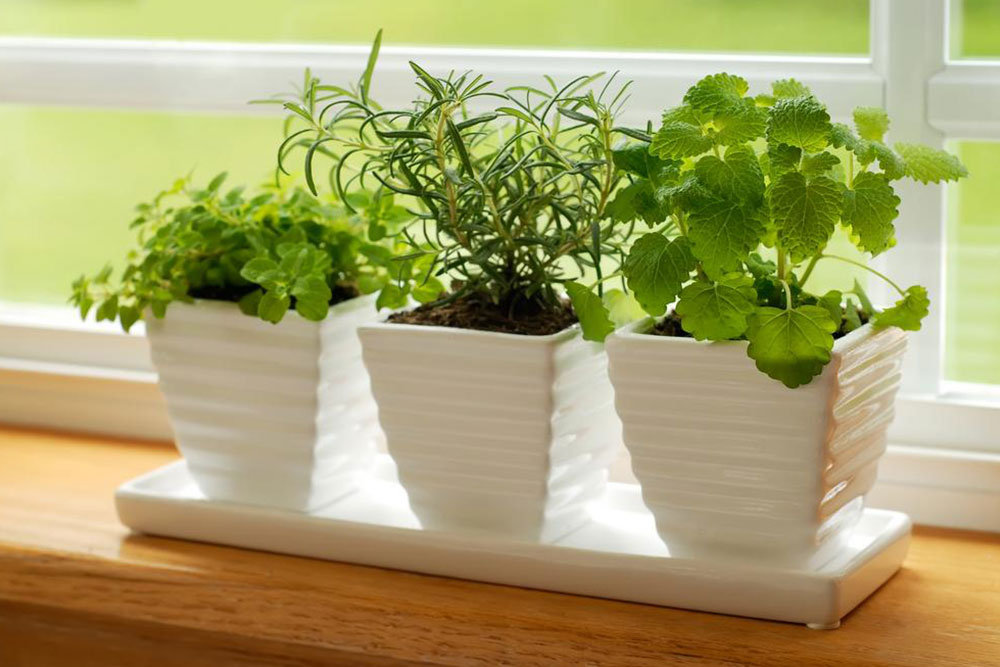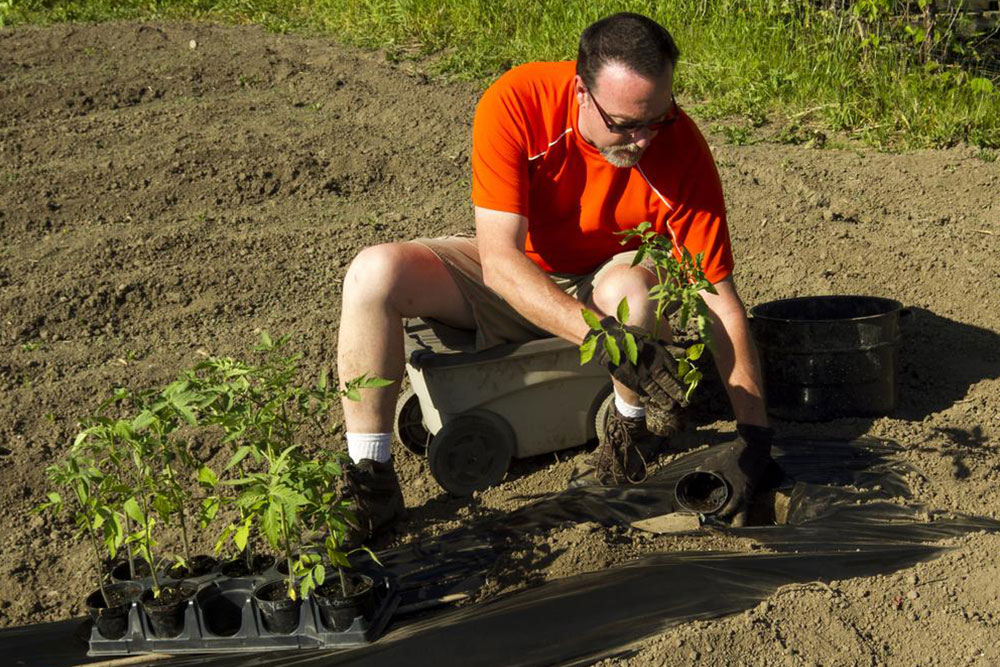Essential Organic Nutrients to Achieve Garden Excellence
Discover the top 7 organic nutrients to elevate your gardening game. This comprehensive guide covers natural fertilizers like manure, compost, rock phosphate, and more, highlighting their benefits and how to choose them based on your soil type and plant needs. Learn sustainable gardening practices that promote soil health, boost plant growth, and yield fruitful harvests while supporting eco-friendly cultivation.

Top 7 Natural Nutrients to Enhance Your Garden’s Prosperity
Achieving a lush, thriving garden begins with nourishing the soil with the right nutrients. Healthy plants flourish when their roots are rooted in soil rich in vital organic elements. Utilizing organic fertilizers is one of the most effective eco-conscious strategies to restore and maintain soil fertility, which in turn ensures robust plant growth, higher yields, and resilient ecosystems. Unlike synthetic chemicals, organic nutrients improve soil structure, support microbial life, and promote sustainable gardening practices that are safe for the environment.
Understanding Organic Fertilizers
Organic fertilizers are natural substances derived from plant materials, animal waste, or mineral sources. These are specifically formulated to meet the nutritional needs of different soil types and plants. Their main advantage lies in their ability to enhance soil health organically rather than relying on chemical inputs, thereby fostering a natural and sustainable gardening environment.
Effective organic amendments not only deliver essential nutrients but also improve soil fertility and resilience against pests and diseases. Integrating these nutrients into your gardening routine can lead to healthier plants and more productive harvests. Here are some of the top organic nutrients that can transform your garden into a lush paradise:
Key Organic Nutrients for Thriving Gardens
Soil health is the backbone of a prosperous garden. When soil is rich in nutrients, plants grow more vigorously and resist pests and diseases better. Improving soil structure, drainage, and nutrient content is crucial. Here are some of the finest organic options designed to create a balanced, fertile environment for your plants:
Manure
Organic manure, sourced from animal waste such as cows, chickens, or goats, is a highly effective natural fertilizer. It provides a balanced supply of nitrogen, phosphorus, potassium, and other micronutrients essential for plant development. Different types of manure have unique benefits:
Cow manure
Known for its low nitrogen content, cow manure is excellent for slow nutrient release, making it suitable for long-term soil nourishment.
Chicken manure
Rich in nitrogen, chicken manure is ideal for supporting vigorous plant growth and boosting yield potential.
Goat and sheep manure
Typically dried and low-odor, these manure types are easy to incorporate into soil and promote healthy plant development. Composting raw manure is recommended to balance pH and eliminate pathogens for safer application.
Rock Phosphate
An inorganic mineral source, ground-up rocks rich in phosphate provide a slow-release, natural fertilization method. They gradually supply phosphorus to plants, crucial for root development and flowering, without dissolving quickly in water, thus ensuring long-term soil fertility.
Compost
Decomposed organic waste, including plant debris, kitchen scraps, and animal residues, forms nutrient-rich compost. It improves soil texture, enhances aeration, and provides a steady supply of nutrients. Compost can be used directly in garden beds or brewed into teas for foliar feeding, delivering nutrients efficiently to plants.
Grass Clippings
Collected from lawns after mowing, grass clippings serve as an excellent natural mulch and fertilizer. They supply nitrogen, suppress weed growth, and conserve moisture, creating a healthy environment for root systems.
Bone Meal
Made by steaming and grinding animal bones, bone meal is a granular fertilizer rich in calcium and phosphorus. It supports cell wall strength, root growth, and microbial activity in soils, acting as a vital nutrient supplement for flowering and fruiting plants.
Earthworm Castings
Often called vermicompost, earthworm waste is an extremely nutrient-dense organic amendment. It improves soil aeration, moisture retention, and microbial diversity, fostering an ideal environment for plant growth, especially for vegetables and flowering plants.
Eggshells
Crushed eggshells add calcium carbonate to soil, helping to reduce acidity and promoting overall plant health. Before use, it’s best to clean and grind eggshells into a fine powder for even distribution and better nutrient absorption.
Factors to Keep in Mind When Choosing Organic Fertilizers
Selecting the appropriate organic fertilizer depends on several factors tailored to your garden’s specific needs. Conducting soil testing and understanding your soil’s characteristics are essential steps to optimize fertilization strategies:
Soil Texture
Knowing whether your soil is sandy, clayey, or loamy influences water retention, drainage, and nutrient availability. For example, sandy soils drain quickly and require more frequent fertilization, while clay soils retain nutrients longer but may need amendments to improve aeration.
pH Level
The acidity or alkalinity of soil impacts nutrient accessibility. Most plants prefer a pH between 6.5 and 7.0. Adjusting soil pH with organic amendments like lime or sulfur can enhance nutrient uptake and overall plant health.
Nutritional Needs
Based on soil test results, identify which primary nutrients—nitrogen, phosphorus, and potassium—and micronutrients your soil lacks. Tailoring organic fertilizers to supplement these deficiencies ensures balanced growth for different plants.
Plant Specific Requirements
Different crops have unique nutrient demands. Leafy greens, fruiting vegetables, and flowering plants may require different organic amendments to optimize their growth and productivity.
Summary
Maintaining healthy, fertile soil is fundamental for a thriving garden. Organic fertilizers provide a natural, sustainable way to nurture your plants, improve soil vitality, and foster an eco-friendly ecosystem. By choosing the right nutrients, you contribute to a greener planet while enjoying abundant harvests and vibrant flora.





